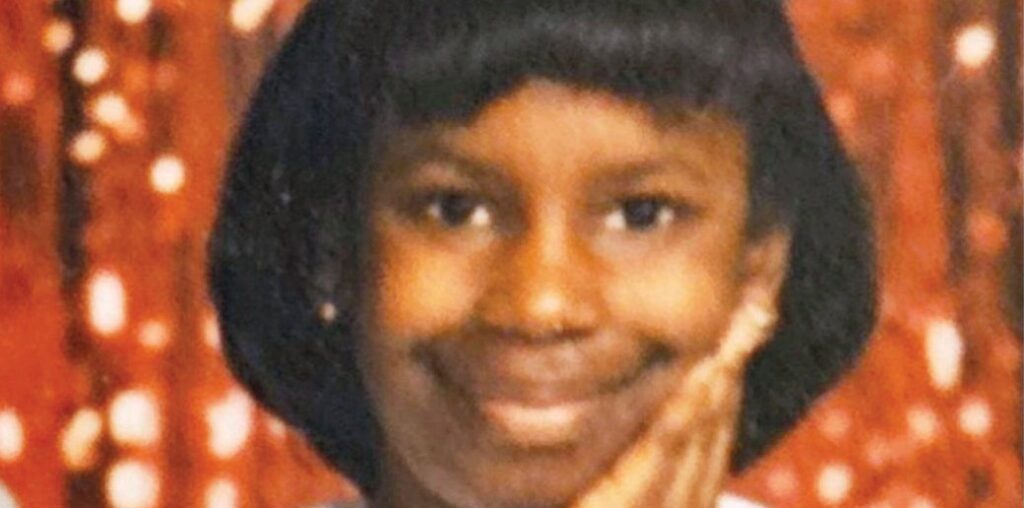
(OPINION) When I first saw the photograph of 8-year-old Amara Ajagu — sitting up tall and straight, hair parted down the middle into two braided ponytails as she witnessed her great-aunt Vice President Kamala Harris accept the Democratic presidential nomination — I put my hand over my heart and deeply exhaled.
That one captivating image stimulated a number of pent-up emotions I’d been absorbing that necessitated such a release, mainly seething anger directed toward certain members of the Democratic Party and their donors.
The public fallout they created after President Biden’s debate performance and the semblance of a chaotic, messy nominating process was frustrating and annoying to say the least.
Unbeknownst to me, this same photograph prompted a new feeling to emerge: Optimism.
This moment in time is not solely about Harris becoming the first Black and Asian woman as a presidential nominee. This historic juncture, in particular for Black girls and women, bridges the hopes and dreams from our past, the tangible opportunities of the present and the limitless possibilities for the future.
Simply put, representation matters.
When Jesus was upon this earth, he took a vested interest in every single person he met. The Samaritan woman at the well. The 10 lepers. Mary, Martha and Lazarus. Blind Bartimaeus. Peter’s mother-in-law.
The occupations of his 12 disciples ranged from blue-collar fishermen to a white-collar tax collector to a thief who’d do anything for a quick buck.
Jesus knew that every single person from every walk of life needs to be seen, heard and valued. Jesus understood that in order to fully represent us before our Father, he had to get to know us.
In February 2021, I became the first Black woman to join The Christian Chronicle’s Editorial Board. Anytime we meet, the words of Maya Angelou come to mind: “I come as one, but I stand as 10,000.”
I never show up as merely “Trindi.” I show up representing my parents, grandparents and the nameless ancestors who made it possible for me to exist. I show up as a mother, writer and lupus warrior — roles that come with stereotypes as a Black woman living in America. I bring the joys, sorrows, victories and defeats of my beloved Black sisters while also keeping in mind the future of our girls and young women. I am never alone.
While I am acutely aware that all of these variables are at play for me, my White brothers and sisters have the luxury of not considering who they represent or having the plight of being “the only one.” They have the privilege of individuality and just simply being.
As I sit at the proverbial table with my fellow colleagues, I am not there to simply be a placeholder. I show up to challenge the status quo and offer a perspective that’s seldom considered.
Do we see eye to eye on every single topic? Of course not. Can we compromise and come to a mutual agreement? Absolutely. But I don’t hold back, and they all know I am not afraid to say the quiet part out loud.
What good can come from having a rare seat at this table if I remain passive and silent, refusing to advocate for those who look like me?
Zora Neale Hurston once said, “If you are silent about your pain, they’ll kill you and say you enjoyed it.
Whenever my time comes to exit this particular table, my hope and prayer is that I leave it better than I found it.
As a “first,” it is my duty to smooth the pathway for the next Black woman who will serve on the Chronicle’s Editorial Board.
As Christians, it is our responsibility to be the light of the world so when others see us, they know we are ambassadors for Jesus Christ.
Representation matters.
This piece is republished from The Christian Chronicle.

